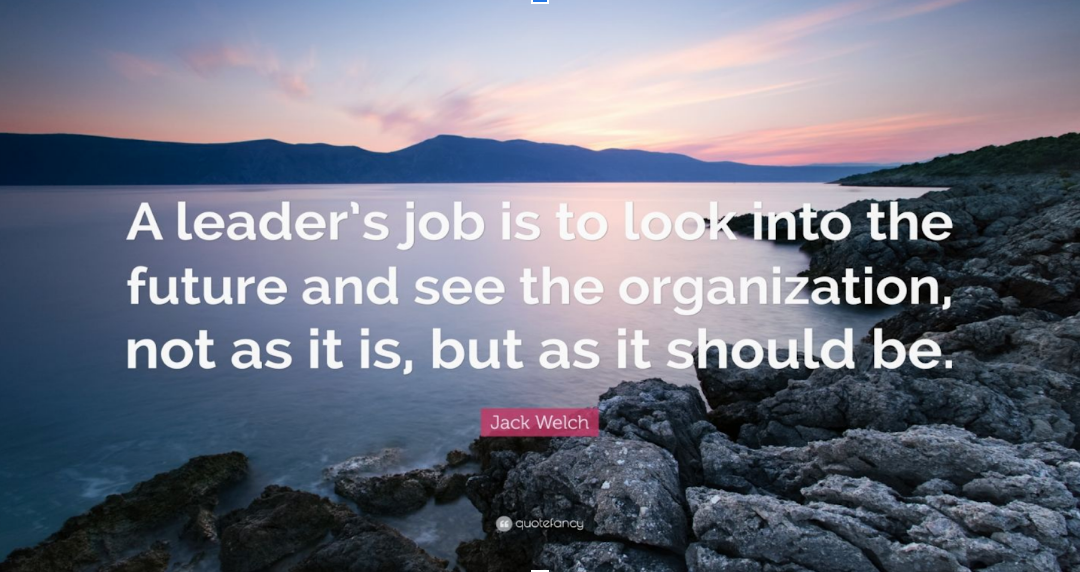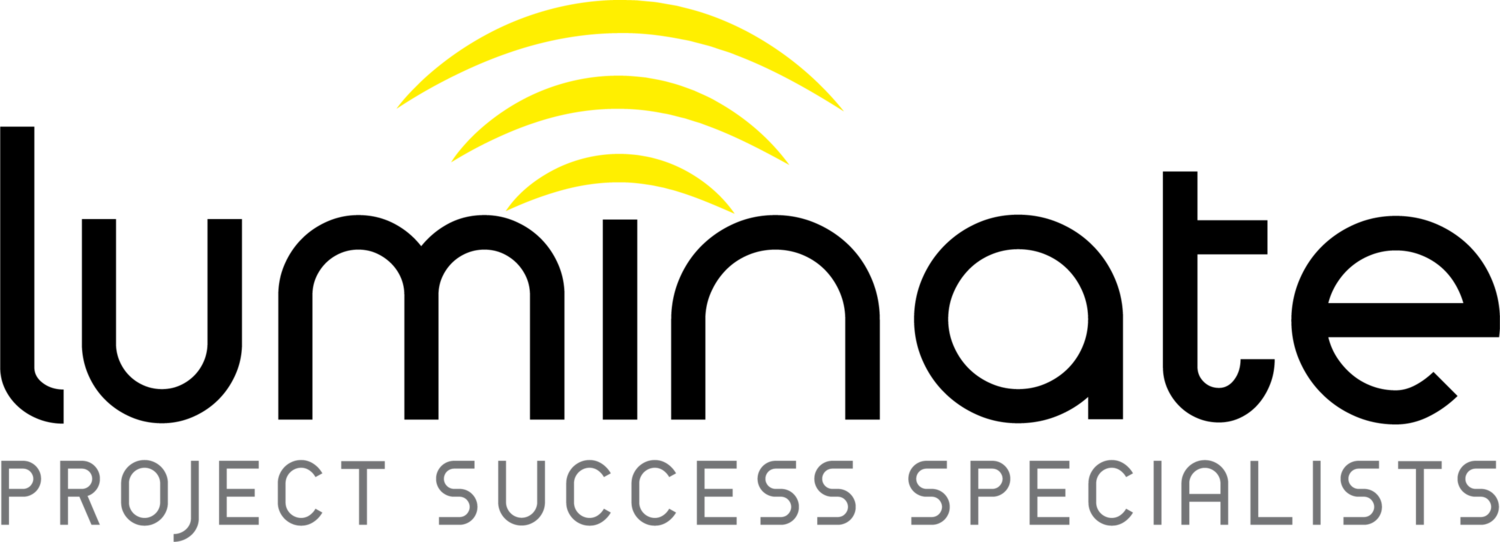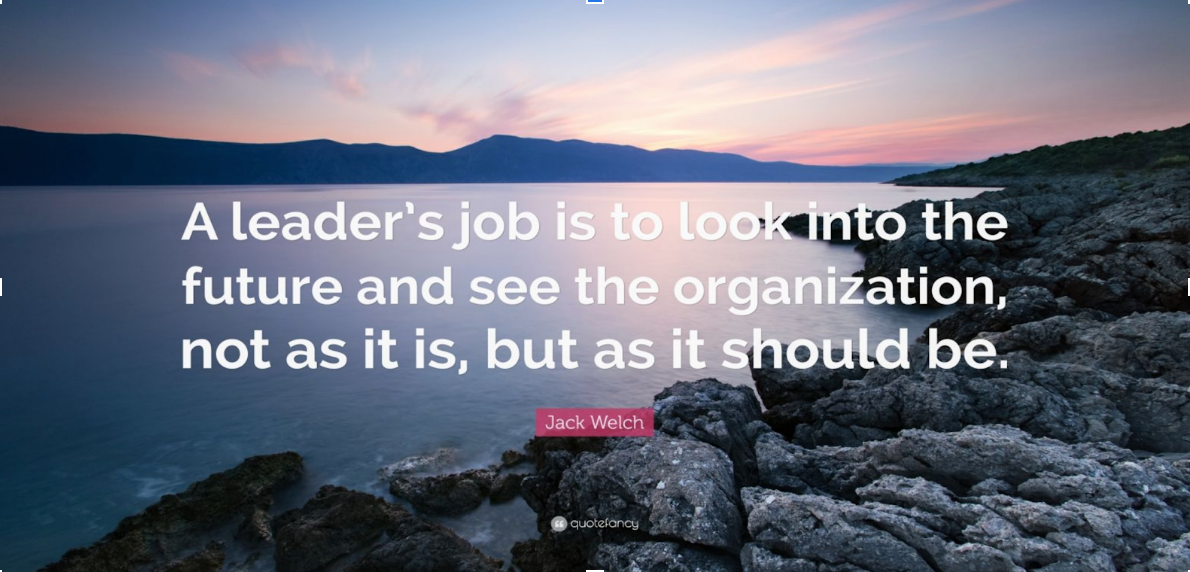
Dec 3, 2019
Sponsor behaviour is a huge driver in project success. An indecisive sponsor, reliant on a weak team, or unsure of their preferred direction will drag a project down. Conversely, active and decisive sponsorship creates passionate leadership and proactive thinking, and is guaranteed to get your project off to a flying start.
Four ways your sponsor can make a difference
In the last couple of weeks we’ve seen a great example of decisive sponsorship. It’s been a refreshing experience, and has guaranteed a successful launch. Determined to get the project started, the sponsor exhibited four key behaviours. So impressive has progress been, we reckon those behaviours are worth sharing. So what has this sponsor done so right, when others can get it so wrong?
Number One – Before the project kicked off the sponsor took the time to really understand and clearly articulate the business problem. This helped them reach clarity on the cost of doing nothing, compared with the proposed solution. Giving the business a simple decision to make, without contingencies and unclear “maybes” ensured no doubts on what the project would and wouldn’t deliver, and meant no confusion across the team and the wider business.
Number Two – By outlining the problem and solution, the sponsor was able to present a vision for the future. In tandem with a clear, fact based identification of the problem, this laying out of the vision inspired the team and showed a new way to engage with customers. Just as crucially, the sponsor showed how the impact of this change could be measured and used to define success. By giving the business a vision, plus a way to measure its impact, our sponsor added a layer of inspiration to the fact based clarity of problem identification.
Number Three – The sponsor had total clarity on resource requirements. By identifying who was needed to get the project up and running, they were able to give the business clarity on impact elsewhere. Crucially, they also subtly excluded anyone not central to getting started, eliminating “peripheral stakeholders”. Every project will have people like this around its edge, a group likely to dip in and out, and create more distraction than value. By clearly excluding them from kick-off the sponsor gave his team a clear run at launch.
Number Four – Finally, the sponsor set the right tone for the project from the beginning, setting out clear rules of engagement to ensure everyone understood their purpose – to make decisions, and to “speak now or forever hold your peace”. The project team knew they had a clear remit to question where appropriate, and to not unnecessarily return to missed opportunities down the line.
And now we’re up and running…
So, how’s the project shaping up? Let’s just say it’s amazing the difference a great sponsor can make. We’re underway and on track, with all interested and impacted parties understanding what we’re delivering and why.

Oct 20, 2019
A sponsor’s life is hard. The project’s yours. For better or worse. People above are asking tough questions. Scope creep. Budget blow-out. Schedule over-run. Recovery plan?? And people below have no answers…
That’s a hard place. If you’ve been there you know it. But anyone who’s been there knows the first step to project recovery requires something even tougher. So tough, in fact, many sponsors shy from it. It takes a lot to admit you’ve got a problem. That your plan isn’t working. And you have no idea why…
And then there’s the responsibility. This is your baby and it’s your duty to bring it home. It might be easier to firefight, right? Get into the weeds… micromanage your way out of it? It’s an attractive option, but ultimately doomed to fail. A sponsor doesn’t get paid to be a PM.
Once you know you have a problem there’s only one route out of town. And that’s appointing a specialist. A recovery manager needs to be your next best action. Because it’s what you do next that counts, and unless that’s fronting up to the challenge and admitting you need help you’re just prolonging the pain.
Luminate’s recovery specialists cut through the noise with models that provide facts and business outcomes. Methodology agnostic, we’re here to deliver.

Sep 25, 2019
Four ways a recovery specialist will save your project
When someone calls Luminate something’s gone wrong. It can take time to realise this – sponsors don’t like admitting there’s an issue. Often we’re called when a project (or sponsor) are nearly terminal. But getting that call means someone’s finally made the right decision. They’ve realised they need a specialist.
Acceptance is the start of recovery
Acceptance is the most valuable emotion a sponsor can bring to a failing project. A broken project is a tough place – it’s a febrile atmosphere, with scarce information, clashing egos, and unbearable pressure from above and below. So accepting things have gone wrong is the first step towards the single best action a struggling sponsor can take. And that’s to call a recovery specialist.
It’s sometimes hard,when deep in the project forest, to see the wood for the trees. Accepting things are wrong and bringing in a specialist is the start of clarity for you and your project. It sends a strong message – to the team and the wider business. A recovery specialist shows the problem is being owned, and just as important, being taken seriously. It’s the first step in restoring visibility, control, and confidence to your stakeholders.
Project managers and the right stuff…
So it follows that selecting the right recovery manager is critical. A good recovery specialist can bring that elusive “right stuff” to your project. That means someone with no previous affiliation to the project, capable of delivering the objectivity required. The ideal recovery manager is an independent battle-hardened delivery specialist, with deep technical background and long on recovery experience.
Four ways a recovery specialist can help
Selecting the right person gives you a number of advantages. Some of these are classic “new broom”, but with the right specialist you’ll also get that invaluable wealth of experience. Here are four ways they can help.
1. Objectivity. Project teams have strong opinions. Some may be valid, others less so. A third party eliminates these preconceived ideas, perceptions, or opinions. They deliver your project on the fact based corrective actions it needs to address the root causes of problems.
2. A new management style. A troubled project puts a team through the wringer. A recovery specialist offers a new approach, with empathy and experience based expertise offering understanding of the teams’ challenges. Your specialist’s delivery experience will re-energise your team and get them back on the delivery journey. For a sponsor this is golden – your project is back on track, and just as important, you can get back to your day job.
3. Pragmatism. A seasoned third party won’t just offer experience and expertise. They’ll offer pragmatism. That means an understanding delivery can’t be locked to any particular methodology. An experienced third party will bring multi-disciplined capability and experience and is delivery methodology agnostic.
4. Abstraction. A recovery specialist shields you from the fallout, creating a good cop/bad cop environment where people changes or scope reduction can be delivered objectively. Taking the heat from the project team, they allow you, the sponsor, to avoid animosity from the incumbent delivery team stakeholders.
If you are feeling things are getting beyond you, now is the time for you to take action. The sooner you make the call to recruit a recovery specialist, the quicker your project gets back on track.

Sep 11, 2019
Knowing the early signs your project’s in trouble can save you a lot of time and money. Most projects fail through poor project management or poor sponsorship. If you’re a project sponsor this one’s for you… and if you’re project’s struggling, this might just save your job.
Rush early, not late.
Every project manager worth their salt knows this. It’s the golden rule of project delivery. Identifying the issues early, means delivering remedies with time. If you want your project on time and on budget it’s a concept you’d be wise to follow.
Thing is, it applies equally to sponsors. Just like your PM, if you can identify the challenges early, you stand a greater chance of correcting a project’s course. A project’s a bit like a boat – if you’re setting off into the delivery ocean you want to know about a hole in the keel before you leave the harbour. Once you hit that open ocean it can be too late – your project is more likely to sink, fatally flawed before it’s even out of the gate. And even if you find a way to salvage it, you’re facing some serious time and benefit erosion – something no sponsor wants to take to the board.
Helping sponsors to see the problems
Of course, “identifying challenges early”… to a lot of sponsors that’s easier said than done. Most find this part of the job tough, used to seeing holes only once in flight, and being conditioned to fix things on the hoof. Too many rely on the PM to surface this up, sometimes even moving into delivery just so problems can be illuminated.
That’s no way to run a project. Especially when a few obvious symptoms can indicate looming trouble. And once you know where to look, the warning signs are hard to miss. Let’s see how that can work with a project manager.
Three Warning Signs
Most projects fail due to poor project management or poor sponsorship. Today I want to give sponsors the early warning signs your PM is flailing, and your project is out of control. If you’ve got any of these three indicators then you’ve got a problem…
1. What’s My Project’s State of Health?
What should a sponsor do when their PM can’t give them a clear progress report, accurate costs, or even confirm delivery dates? If this is happening in your project, you need to consider if the right person’s running it.
2. I Have No Idea What My PM’s Saying
Talking in circles, shambolic steerco packs, lack of clarity in detail (or even big picture)… these are all clear signs your PM’s lost control and is out of their depth.
3. Where. Is. My. Project. Plan?????
Any PM worth their salt has an updated project plan ready to pull off the shelf, anytime anyone asks. That plan is their bread and butter and their Bible. If they don’t, and instead serve up cock and bull excuses? I reckon they’re pulling your chain.
Remember – rush early, not late
There’s not much that I haven’t seen before when it comes to projects. And that’s why it’s easy for me to see these warning signs up front. At the end of the day a PM’s job is simple. Provide estimates and plans, and be on top of the project. If your PM can’t do that, then you need someone who can. Don’t put your project and reputation at risk any longer than you already have, take action now. Remember – rush early, not late.

Aug 28, 2019
The Luminate team are all accomplished project leaders. With decades in delivery between us, we’ve seen a few “hot” methodologies in our time. In our experience it can be exciting to see a new approach roll off the assembly line – a different methodology can truly galvanise an organisation. However, if not implemented properly they are just as capable of sinking a project before it’s even out of the blocks.
The rise of dogmatic agile
The biggest issue comes when an organisation believes any particular methodology is a guarantee of success. And in the last few years things seem to have gotten a little more dogmatic in this area. Businesses are adhering to a particular framework, mistakenly believing that’s them home and dry. It’s a common mistake and one we regularly help organisations address. At Luminate we know it’s people, and not any framework or methodology that makes a project.
Even with changing methodologies, good project management truisms hold true. One of our favourites is this – any framework can work, but only if it makes sense given other environmental constraints. It’s this constant that seems most under threat at the moment, as more and more businesses embrace (with an almost religious zeal) a single framework. It seems a sure fire way to promote failure to us. In fact, here’s one of our Luminate secrets – our project leads are multi-denominational in their approach. We don’t adhere to any one guiding framework… instead we select the methodology best suited to the organisation.
Not that this is easy. Too many organisations have succumbed to “agile good, waterfall bad”, making discussions around delivery difficult. None of this means we don’t believe in agile methodology. Far from it – working with highly effective agile delivery teams is powerful, with real value in the common-sense elements of agile delivery. But that doesn’t always make it the right choice.
Delivery through the right framework
Over the years we’ve worked with multiple delivery specialists, many of whom delivered beautifully using non-agile methods. It wasn’t the methodology that brought their projects home. It was years of hard-won experience, working in different environments, and across different methodologies. Too many organisations today would discount this, hold tight to agile and throw the baby out with the bathwater, simply because it’s not well understood.
The problem with that sort of dogmatic agilism is this. The ideal conditions for agile projects often don’t exist. A more common reality is distributed, large or cross-functional teams, outsourced (often from offshore), along with limited availability of key stakeholders and critical resources, a fixed scope and duration. All these are sub-optimal conditions for an agile delivery.
So if these conditions don’t conform to an agile framework, it follows organisations need to reconsider their stubborn adherence to agile delivery. By taking an agnostic and holistic view of the environment and problem being faced, they can then apply the best approach and tools for that situation.
Because let’s face it. The really important thing here is whether the project output is delivering value to the business. And whether the team (or tribe or squad) is taking accountability for delivery and driving to realise the benefits underpinning the business case.
That’s why at Luminate we practise what we call Pragmatic Agilism.
Pragmatic agilism and project excellence
Pragmatic agilists champion agile, while dealing sensibly and rationally with environmental constraints based on practical experience and capability rather than theoretical considerations.
Compare this to dogmatic agilists – often they’ve never worked outside of an Agile framework, causing them to compromise principles so long as the framework is maintained. It doesn’t take much to realise that very resistance to adaptation is fundamentally at odds with the principles their framework is built on.
With experience of multiple frameworks a pragmatic agilist is most likely to modify their approach. They’re the guys who test and implement new ideas in order to maximise business value. Simply put, pragmatic agilists do what’s necessary to get the job done.







